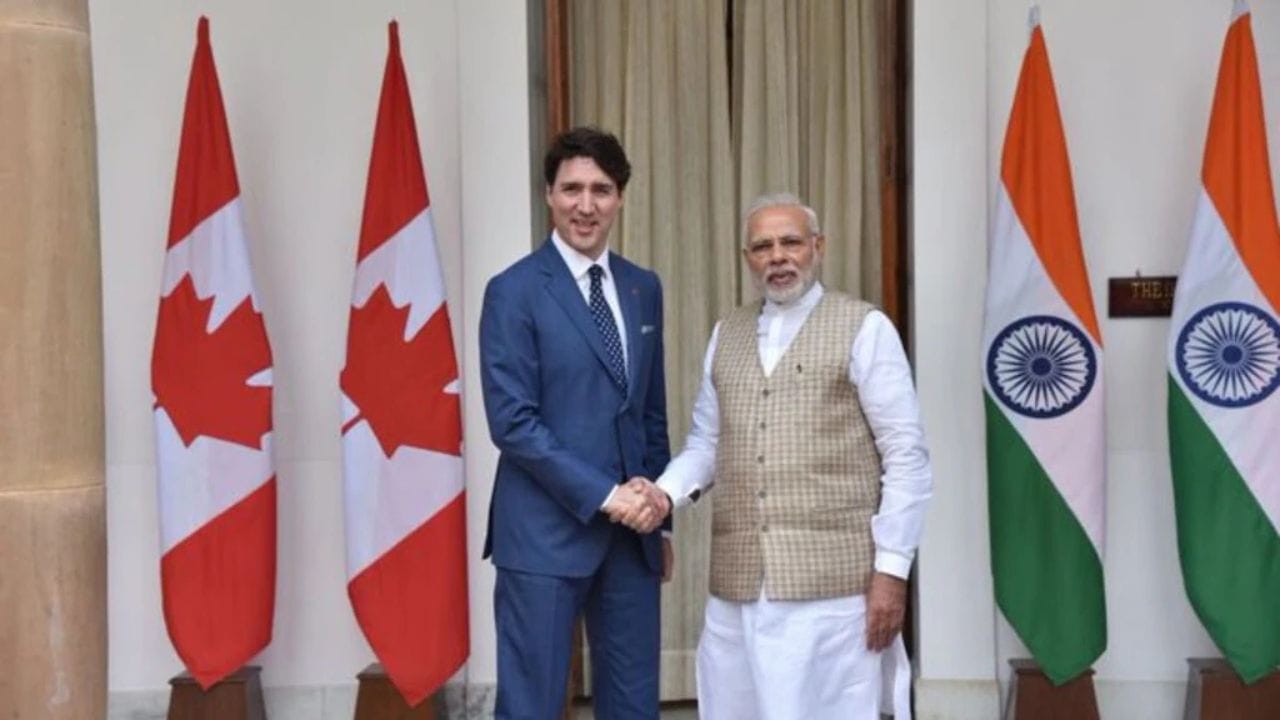Canada diplomatic fallout with India is going significantly up and has been making a sharply declining number of Indian students willing to opt for Canada to pursue higher education. Once it was a celebrated destination, the country’s appeal for Indian students declined due to diplomatic rows, ever-rising tuition fees, and a depressed job market. The expected fall in the intake for Fall 2025 will dramatically shift the higher education landscape both ways around.
Key Factors Contributing to Indian Student Application Dips
1. Diplomatic Disputes Obstruct Relations
One of the main reasons for a sharp decline in interest from Indian students is the diplomatic fallout between the two nations. In September 2023, serious allegations made by Canadian Prime Minister Justin Trudeau that the attacks were orchestrated created an atmosphere of uncertainty for international students, especially from India. Concerns about the safety and security of students have risen, with many parents urging their children to reconsider applying to Canadian institutions.
Education consultants have noted a huge decline in applications; some consultancies are even reporting an interest to be 50-60% lesser for Fall 2025. The cut in applicants is much more pronounced at the undergraduate level, where the applications now are only a quarter of what they used to be. Most of these students and their families are now seeking advice on whether they should be looking into other countries for their higher education.
2. Increasing cost of living and housing crisis
In addition to the political frustrations, economic factors are also a contributory factor that has seen interest decline. Presently, Canada experiences a housing crisis, whereby it is becoming difficult for international students who may want to stay on campus or with friendly people at reasonable prices. The increased cost of living in the major cities in Canada is also making it unattractive for students to come and pursue their studies.
All this has imposed more barriers for Indian students who earlier thought that Canada was a potential destination for a cheap and secure option for higher education.
3. Limitations imposed by the study permit as well as job issues
The Canadian government has imposed restrictions on study permits by reducing the number of such applications by 35% compared to 2023, with the expectation of a further 10% cut for the 2025 academic year. Already concerned by delays in the processing of visas and timelines, this is an added layer of complexity for Indian students.
The other aspect is that the Canadian job market is very tough to employ and navigate. The present employment market leaves students with much fear that this post-graduation work will be hard to get.
Impacts on Canadian Institutions and Industries
Indian students constitute a key demographic for universities and colleges in Canada. The loss of applications this year is expected to reverberate at various levels, not just in academic institutions but also for industries that rely heavily on student housing and accommodation services. The financial squeeze for both education and housing is likely to be especially pronounced with fewer Indian students now coming to Canada.
On the other hand, potential employability may make Canadian employers more choosy, bringing fewer prospects for graduates from India. This will discourage students even further from choosing Canada as the destination, considering increasing concerns about employment after study.
Outlook for 2025
Even though the long-term effects of this diplomatic row are unlikely to affect the students already in Canada or those just arriving in Canada, it may change the India-Canada educational exchanges landscape in the future. The full effect will be seen in Fall 2025, and experts warn of an even sharper fall from the number of Indian students.
That is, education consultants are witnessing a fall of 80% applications from Canada already because there is a concern about safety, affordability, and future jobs for both students and parents. With Canada still struggling with the housing crisis, visa processing delays, and strained diplomatic ties, Indian students are likely to look for alternative destination countries in the years ahead.
Conclusion
In turn, the diplomatic fallout between India and Canada is proving to be a game-changer for Indian students considering Canadian universities. There’s probably always been a perfect storm of political and economic challenges that has made people rethink their plans, but the situation is really getting worse. As things unfold, both Indian students and Canadian institutions are going to have to navigate a somewhat more complex landscape to make sure educational and career opportunities remain viable.





